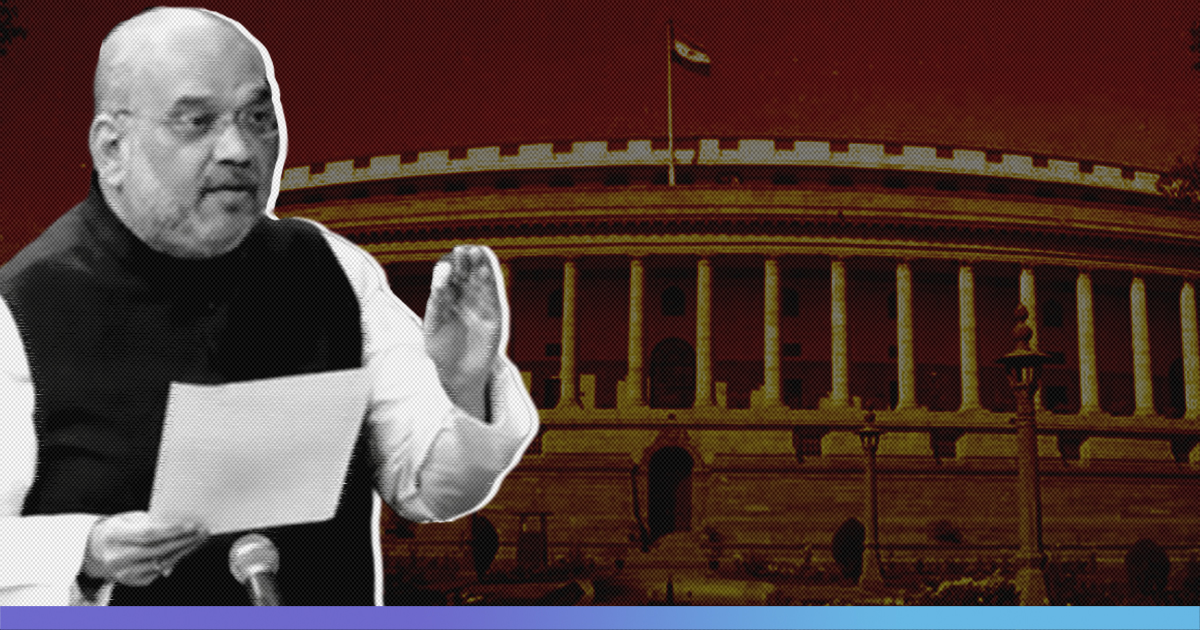Amid opposition, the Lok Sabha on Monday (July 15, 2019) passed an amendment to the National Investigative Agency (Amendment) Bill, 2019. The Bill was passed, with 278 votes in favour and only six against it. During the parliament session, the opposition alleged that the NDA has brought the amendment to use it for “political vendetta”. Opposition MPs pointed out that anti-terror law is misused to target a particular community.
AIMIM MP Asaduddin Owaisi, accusing the government of targetting only one community in terror investigations asked why the NIA has not filed appeals against the acquittal of those accused in Hindutva terror cases.
To which, Home Minister Amit Shah replied, “Let me make it clear. The Modi government has no such intention. Its only goal is to finish off terrorism but we will also not look at the religion of the accused while taking action.” Further, the opposition leaders alleged that the government is turning India into a “police state”.
Misuse Of TADA nad POTA Act
Some MPs pointed out that the Terrorist and Disruptive Activities (Prevention) Act (TADA) and the Prevention of Terrorism Act (POTA), which were repealed later, have been misused in the past.
Shah stating that repeal of POTA by the Congress in 2004 was a political move, it was repealed for vote bank.
“Because of the repeal of POTA, terrorism increased in the next few years, and we had the 26/11 attacks. Congress was forced to bring in the NIA Act. Had POTA not been repealed, the Mumbai attacks would probably not have happened,” Shah alleged.
Amendment To The Act
The amendment will allow NIA to probe offences related to human trafficking, counterfeit currency and cyber-terrorism. Earlier NIA was allowed to investigate offences under the Atomic Energy Act, 1962; the Unlawful Activities Prevention Act, 1967 and the Explosive Substances Act, 1908.
The amendment to the Bill provides power to NIA officers to investigate scheduled offences committed outside India, subject to international treaties and domestic laws of other countries.
Further, the amendment to the bill provides authority to the central government for designating Sessions Courts as Special Courts for the trial of scheduled offences. Earlier, the Act only allowed the central government to constitute Special Courts for the trial of scheduled offences.











